Music And Community: Delving Into The Sound Perimeter

Table of Contents
The Social Glue: How Music Fosters Community Bonds
Music's power to unite people stems from its ability to tap into our shared emotional experiences. Psychologically, music triggers the release of endorphins, creating feelings of pleasure and connection. Sociologically, shared musical experiences create a sense of belonging and collective identity. This shared emotional landscape forms a powerful bond, transcending linguistic and cultural differences.
- Shared emotional experiences create strong bonds. Whether it's the joy of a celebratory anthem or the catharsis of a mournful ballad, music provides a common emotional ground.
- Music facilitates nonverbal communication and understanding. Music's expressive power allows for communication beyond words, fostering empathy and understanding between individuals.
- Participation in musical activities fosters collaboration and teamwork. Playing in a band, singing in a choir, or even attending a jam session requires cooperation and coordination, strengthening interpersonal relationships.
- Musical events create a shared identity and sense of community. Attending a local music festival, a concert, or even a small gathering centered around music creates a collective identity and a sense of shared experience.
Examples abound: the camaraderie of a marching band, the shared passion of a fan club dedicated to a specific artist, the collaborative spirit of a community orchestra, or the intimate connections forged at a local open mic night all demonstrate the power of music to bring people together. These diverse musical communities showcase the versatility of music in creating social bonds.
Music as a Catalyst for Social Change
Throughout history, music has served as a powerful tool for social activism and protest. Songs have fueled revolutions, sparked movements, and given voice to the marginalized. Music's ability to communicate powerful messages and evoke strong emotions makes it an ideal vehicle for social change.
- Examples of songs or musical movements that fueled social change. Consider the anthems of the Civil Rights Movement, the protest songs of the anti-war movement, or the punk rock rebellion against societal norms. These examples demonstrate the profound impact music can have on social consciousness.
- The role of music in raising awareness about social issues. Music can raise awareness about issues like poverty, inequality, and environmental destruction, reaching audiences that might not engage with traditional forms of activism.
- How music can empower marginalized communities and give voice to the voiceless. Music offers a platform for marginalized communities to share their stories, challenge oppression, and fight for their rights.
Artists like Bob Dylan, Joan Baez, and Billie Holiday used their music to comment on social injustices, creating powerful anthems of resistance. Their legacy demonstrates the potent role of music in inspiring social change and community mobilization.
Building Community Through Musical Participation
Active participation in music offers numerous benefits, extending beyond mere entertainment. Engaging with music, whether through playing an instrument, singing, or attending concerts, strengthens community ties and enriches lives.
- Improved mental and physical well-being through musical participation. Studies show that music participation can reduce stress, improve cognitive function, and even boost physical health.
- Opportunities for skill development and personal growth. Learning an instrument or singing in a choir requires dedication, practice, and perseverance, fostering personal growth and self-confidence.
- Increased social interaction and networking opportunities. Musical activities provide opportunities to meet new people, build relationships, and expand one's social network.
- Strengthening of community ties through shared musical experiences. Community choirs, orchestras, and bands create a sense of belonging and shared purpose, strengthening the bonds within a community.
Intergenerational music projects, for example, bring together people of different ages, creating meaningful connections and fostering mutual understanding. The positive impact of such initiatives underscores the importance of music in building strong, vibrant communities.
The Digital Soundscape and Online Music Communities
The internet and social media have revolutionized the way we consume and share music, creating new opportunities for community building. Online platforms connect musicians and fans across geographical boundaries, forging virtual communities around shared musical interests.
- Online platforms for sharing music and connecting with other fans. Sites like YouTube, Spotify, and SoundCloud allow musicians to share their work and fans to connect with artists and each other.
- Online communities built around specific artists or genres. Fan forums, social media groups, and online discussions create vibrant communities centered around specific artists or musical genres.
- The impact of streaming services on music consumption and community building. Streaming services, while impacting the music industry, also contribute to community building by creating playlists, offering recommendations, and facilitating shared listening experiences.
- Challenges and opportunities presented by online music communities. Online communities offer incredible opportunities for connection, but also present challenges, including issues like online harassment and the difficulty of building genuine connections in a virtual environment.
Navigating this digital soundscape requires careful consideration of both the opportunities and the challenges. While online communities can foster a sense of belonging, building healthy and positive online environments necessitates proactive moderation and community guidelines.
Conclusion
The power of music to build communities is undeniable. From its historical role as a catalyst for social change to its present-day influence in forging both online and offline connections, music plays a vital role in shaping our social fabric. Participating in musical activities, whether joining a choir, attending a concert, or engaging with online music communities, offers numerous benefits for individuals and communities alike. From joining a local choir to attending a neighborhood concert, exploring the world of music and community offers a rich tapestry of experiences that can enrich our lives and strengthen the bonds that hold us together. Discover the power of music and community today!

Featured Posts
-
 Dexter Resurrection Two Classic Villains Return
May 21, 2025
Dexter Resurrection Two Classic Villains Return
May 21, 2025 -
 Ancelotti Den Sonra Real Madrid In Guendeminde Kim Var Juergen Klopp Ve Diger Adaylar
May 21, 2025
Ancelotti Den Sonra Real Madrid In Guendeminde Kim Var Juergen Klopp Ve Diger Adaylar
May 21, 2025 -
 The Cliff Richard Musical A Writing Challenge For Lucas And Walliams
May 21, 2025
The Cliff Richard Musical A Writing Challenge For Lucas And Walliams
May 21, 2025 -
 Sydney Sweeney And Julianne Moore In Echo Valley New Images Offer A Glimpse Into The Thriller
May 21, 2025
Sydney Sweeney And Julianne Moore In Echo Valley New Images Offer A Glimpse Into The Thriller
May 21, 2025 -
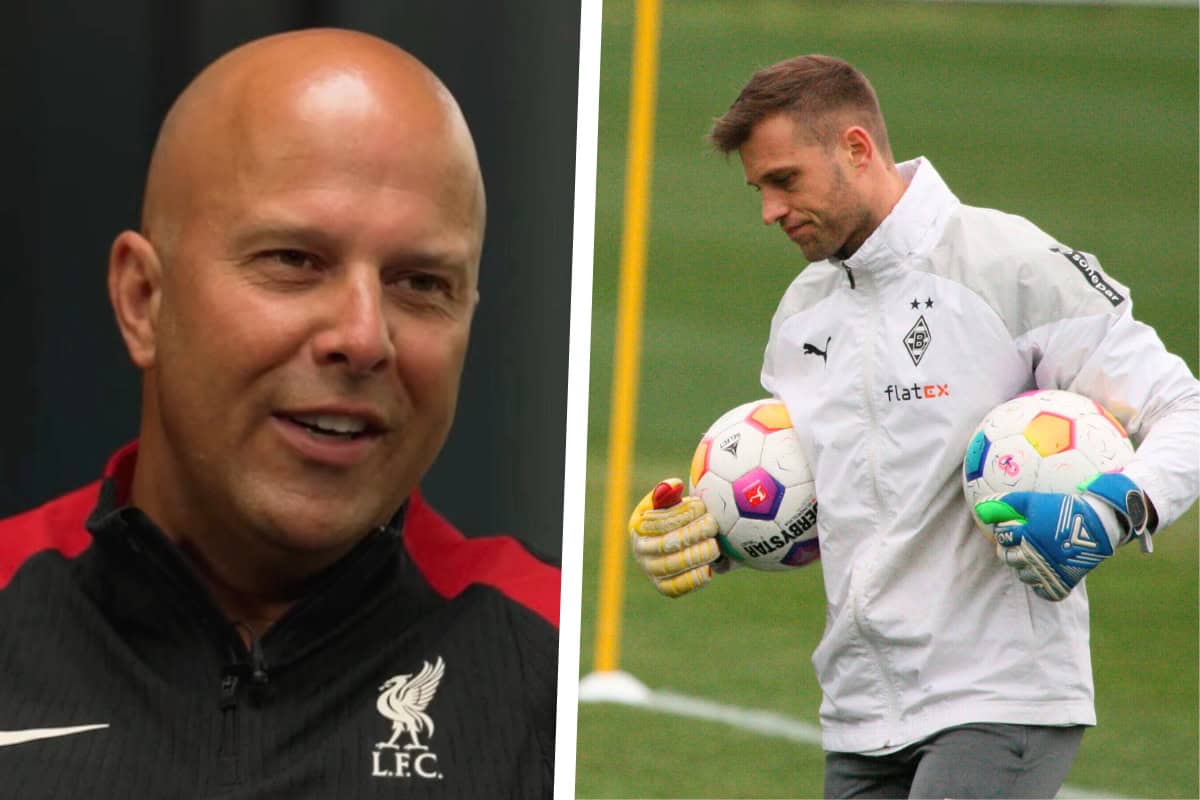 Liverpools Win Over Psg Luck Skill Or Arne Slots Tactics Goalkeeper Discussion Included
May 21, 2025
Liverpools Win Over Psg Luck Skill Or Arne Slots Tactics Goalkeeper Discussion Included
May 21, 2025
Latest Posts
-
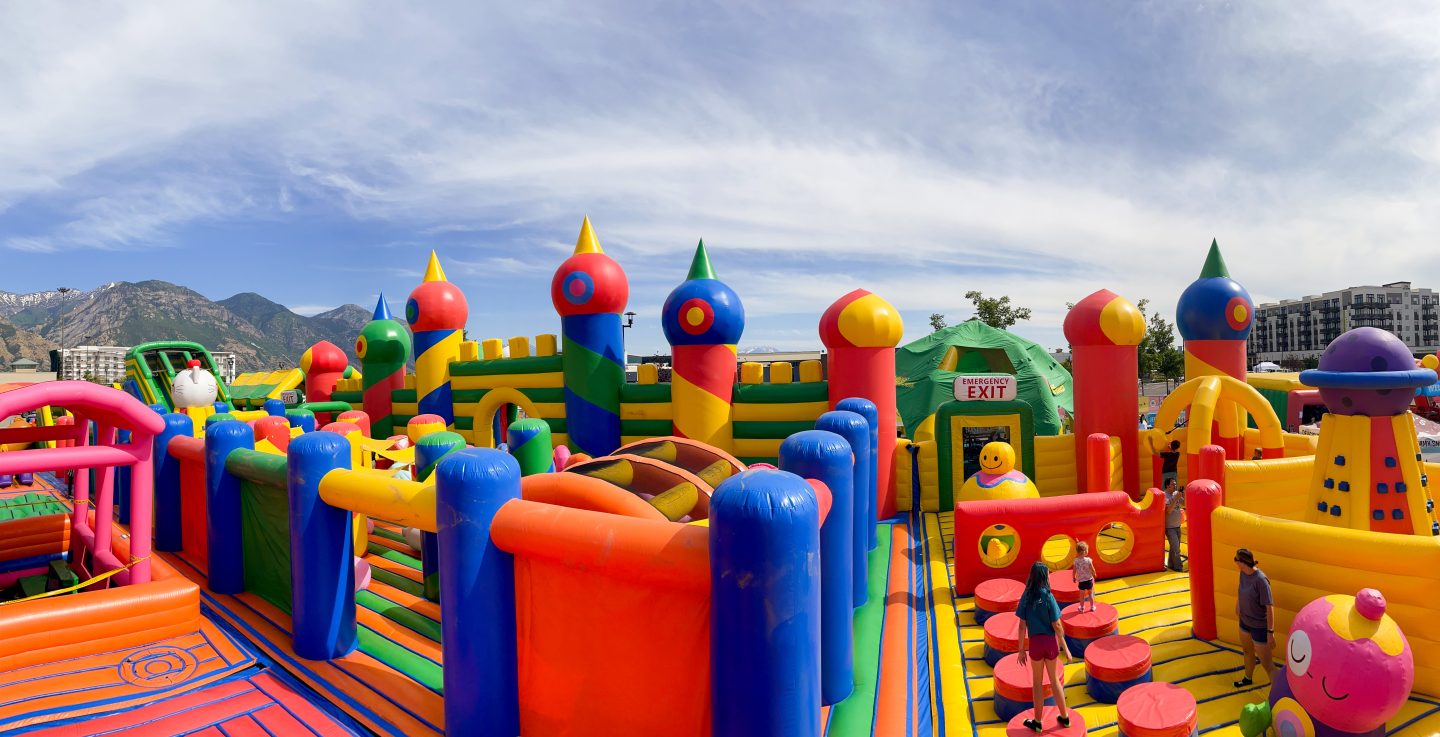 Experience The Thrill Funbox Indoor Bounce Park Now Open In Mesa Az
May 21, 2025
Experience The Thrill Funbox Indoor Bounce Park Now Open In Mesa Az
May 21, 2025 -
 Funbox Opens First Permanent Location In Mesa Arizona A New Indoor Bounce Park
May 21, 2025
Funbox Opens First Permanent Location In Mesa Arizona A New Indoor Bounce Park
May 21, 2025 -
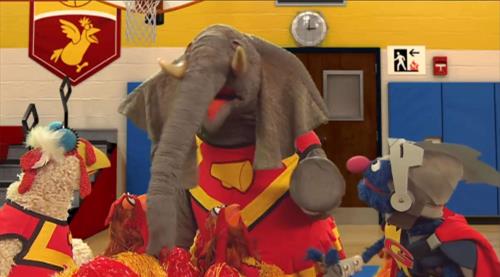 Sesame Street Arrives On Netflix Plus Todays Other Big Stories
May 21, 2025
Sesame Street Arrives On Netflix Plus Todays Other Big Stories
May 21, 2025 -
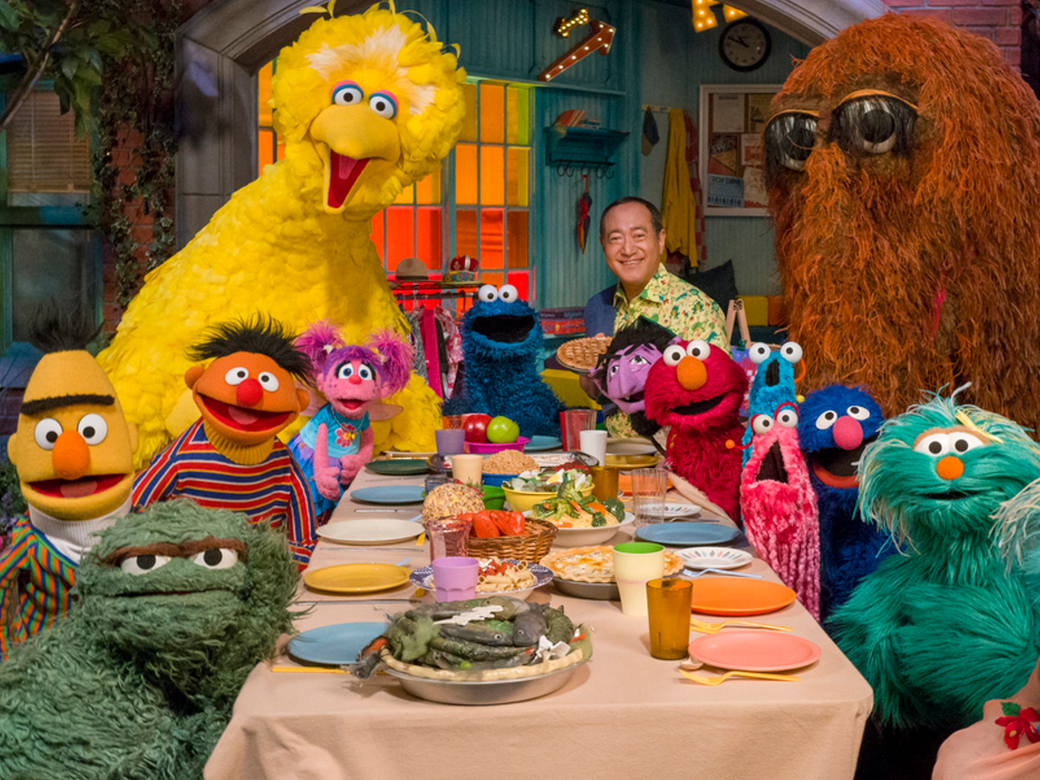 Sesame Street On Netflix Your Guide To Todays Top News
May 21, 2025
Sesame Street On Netflix Your Guide To Todays Top News
May 21, 2025 -
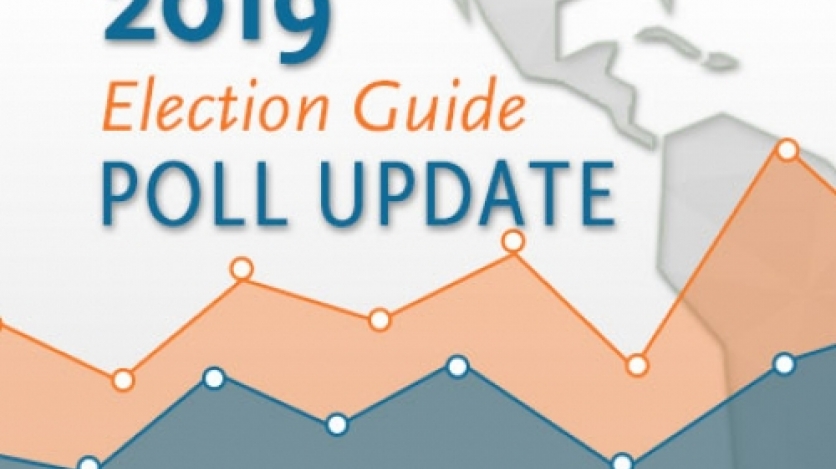 Top Gbr News Grocery Savings 2000 Quarter Winner And Doge Poll Update
May 21, 2025
Top Gbr News Grocery Savings 2000 Quarter Winner And Doge Poll Update
May 21, 2025
